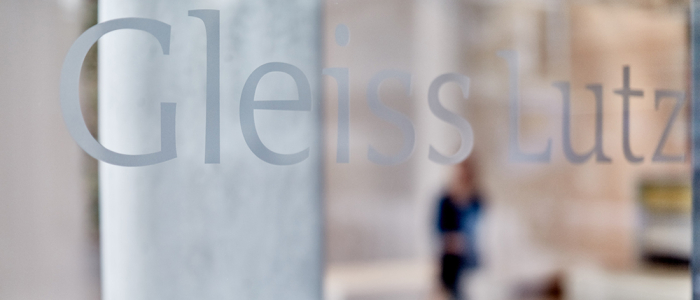
The Grand Chamber of the European Court of Justice (ECJ) has confirmed TUI AG’s legal position in a landmark decision on the compatibility of the German Codetermination Act with EU law.
In the preliminary ruling of 18 July 2017, the ECJ considered a referral from the Berlin Higher Regional Court.
A TUI AG shareholder had instigated so-called “status proceedings” arguing that the supervisory board of TUI AG should be made up exclusively of shareholder representatives. According to the plaintiff’s reasoning, there is no legal basis for the election of employee representatives because the German Codetermination Act is incompatible with EU law and therefore not applicable. The Berlin Higher Regional Court referred the matter to the ECJ for a preliminary ruling on whether a Member State may, subject to the principles of non-discrimination and the free movement of workers (as provided for under Articles 18 and 45 TFEU), specify that only employees working in businesses/group companies in the Member State may elect – and be elected as – employee representatives to the supervisory board. The ECJ has now confirmed that the German Codetermination Act is compatible with EU law.
Gleiss Lutz advised TUI AG on all aspects of the case in the German courts and the ECJ.
Jürgen Wage (Head of Labour Law & Labour Relations) represented TUI as in-house counsel.
Led by Stuttgart partners Prof. Dr. Michael Arnold (corporate) and Dr. Christian Arnold (employment), the case was handled by the following Gleiss Lutz team: Prof. Dr. Clemens Weidemann (partner), Dr. Christiane Freytag (counsel, both public law) and Muriel Kaufmann (employment, all Stuttgart).
